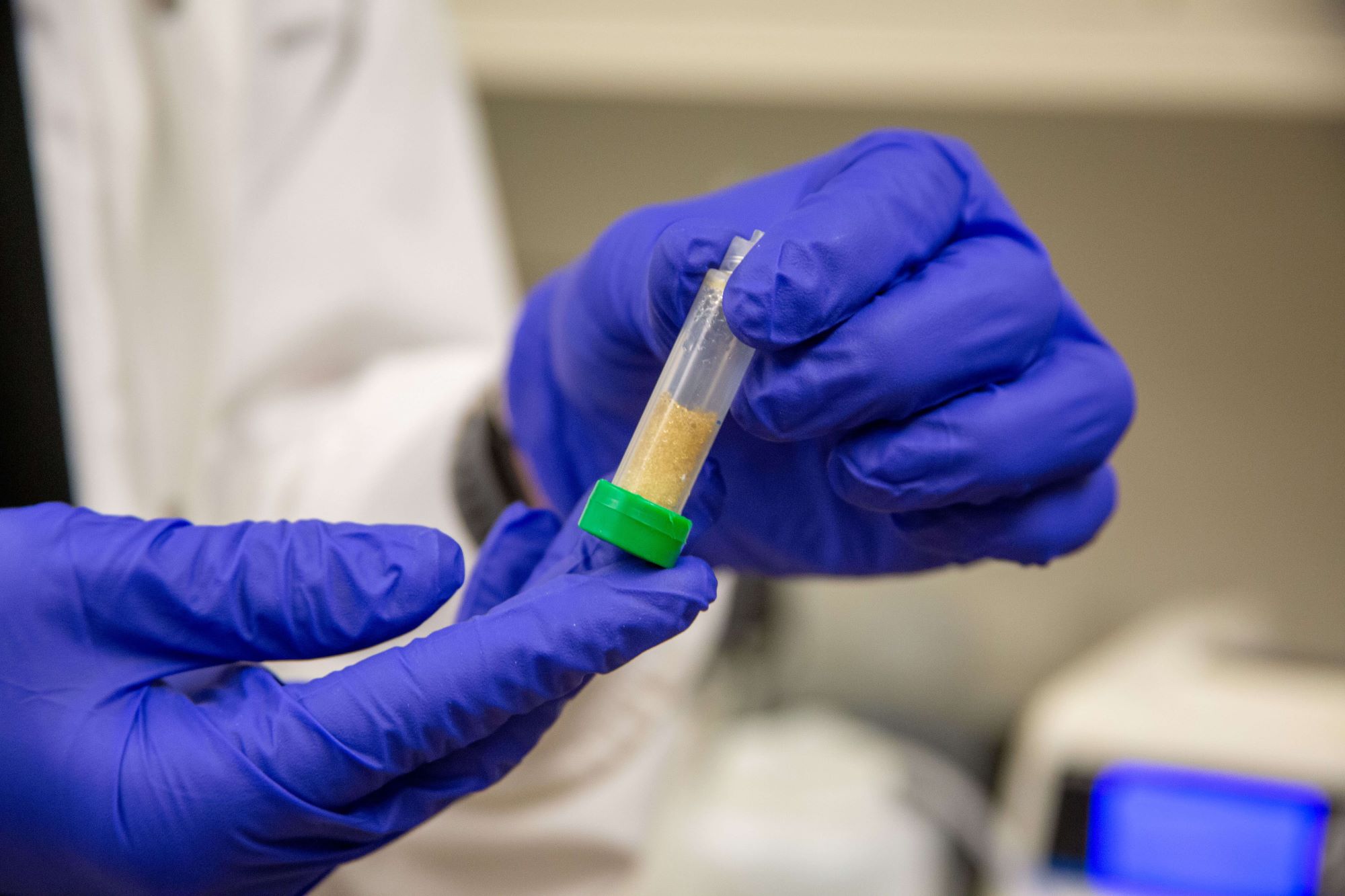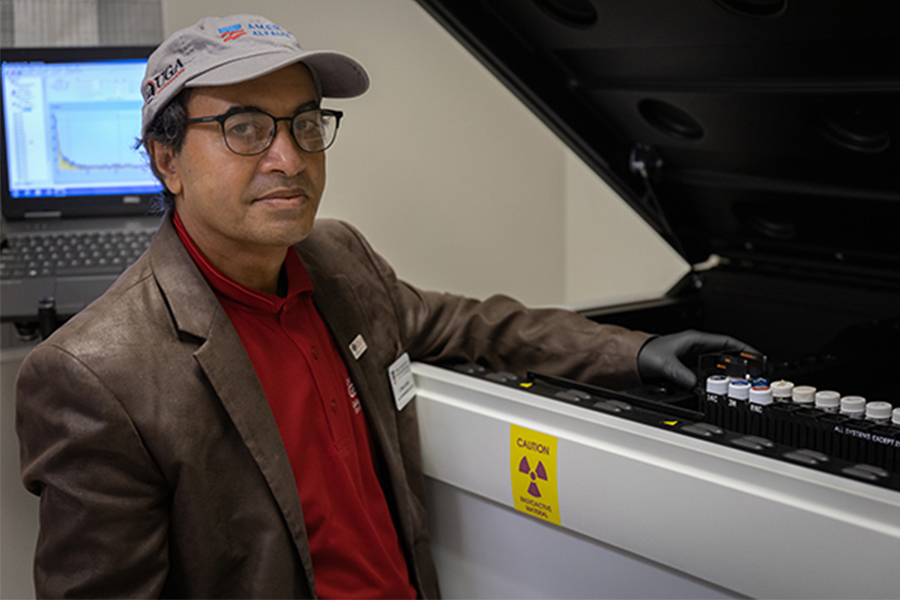By Jim Crawford
University of Georgia
Back when I was in junior high school, nothing tasted as good as cold water after track practice. But the rotten-egg smell of that "sulfur water" was enough to make a fellow go thirsty.
This is a fairly common condition in privately owned deep wells. Bacteria cause the smell. But don't be alarmed. Not all bacteria are the coliform type that poses a health hazard. Different species can cause odors without threatening the quality of your water.
If you have rotten-egg water, first check your wellhead to make sure you're not getting contaminated water into the well from any sort of runoff.
If the top is secure, you can still get bacteria in the system. Many experts used to think the subsurface earth served as a giant filter to trap bacteria before it could enter the groundwater. That's not true.
We know now that many types of bacteria are native or adapted to saturated sediments and rock. Given time and a route, these bacteria will eventually find a way into the water system and can easily cause odors and off-taste.
Common solution
The most common way to sanitize a well is with shock chlorination. Just use household bleach from any grocery or hardware store. But don't use scented chlorine products.
Make sure you warn everyone in your home not to use the water during the treatment.
Depending on the amount of water in your well, the process can take many hours. You might want to arrange for an alternative source of drinking water for several hours or time the treatment for when you're asleep.
Calculate the amount of bleach you'll need by figuring the amount of water in the well. Just subtract the depth to the water from the total depth of the well. Multiply that by 0.65 for a 4-inch well or 1.47 for a 6-inch well. Then add another 100 gallons for the tank and hot water heater.
Use 3 pints of chlorine bleach for every 100 gallons. But you may want to double this amount if you have a really bad odor problem. The odor is caused by hydrogen sulfide, which tends to neutralize chlorine.
How to do it
Fill the water tank, and be sure it's pressurized. Remove the well cap on the wellhead and pour in a 50:50 mixture of chlorine and water, or alternate pouring fresh water and chlorine into the well.
Hook a garden hose to the outdoor faucet nearest the well and place the end of the hose inside the well. Turn it on full force to circulate the water. Thoroughly rinse the sides of the well casing during this recirculation process.
When you can smell chlorine, stop and turn on the cold water taps in your kitchen and bathrooms until you smell chlorine from them, too. Flush the toilets.
Then let the water stand in the system for at least 8 hours (12 to 24 is better). After this time, run the water outlets until the chlorine smell is gone.
Don't allow more than 100 gallons of chlorine-treated water to enter the septic system. A slight residual chlorine taste and odor will likely remain in the water for a couple of days, but it shouldn't be a problem.
Didn't work?
Even after shock chlorination, the sulfur smell may return. Sometimes it's from the bacteria reacting with the anode rod in electric water heaters.
You can solve recurring problems with sulfur-smelling water after shock chlorinating with a treatment system designed to remove hydrogen sulfide.
To learn more, get the circular, "Your Household Water Quality: Hydrogen Sulfide and Sulfate," at your nearest University of Georgia Cooperative Extension office (1-800-ASK-UGA1). Or get a copy online at aesl.ces.uga.edu/publications/watercirc/HydrogenSulfide.pdf.
(Jim Crawford is the University of Georgia Cooperative Extension coordinator in Jefferson County.)

.png)




